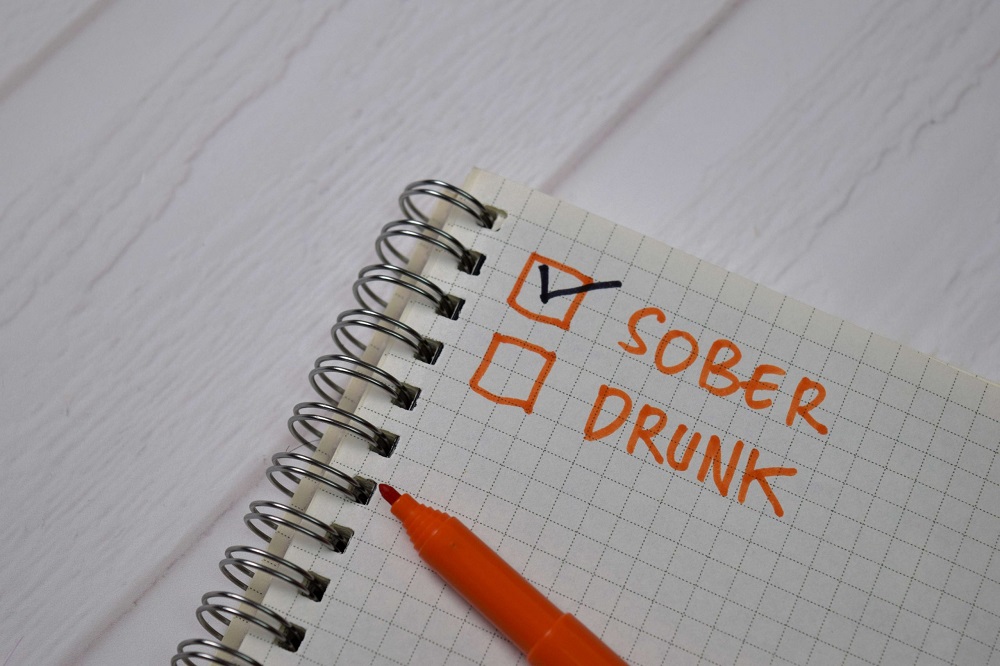Content
In mental relapse, there is a war going on inside people’s minds. As individuals go deeper into mental relapse, their cognitive resistance to relapse diminishes and their need for escape increases. Diana is an addiction expert and licensed marriage and family therapist who has been in the field of mental health for over 10 years. A daily routine that includes a healthy diet, a fitness regime, and a structured sleep schedule will allow you to create a solid foundation for sobriety. The better you feel physically, the more clearly you can think and the less stressed you will feel.

They can include career goals, family goals, educational goals, spiritual goals, hobbies or activities you want to explore, and more. If you or a loved one are struggling with mental health or substance abuse, we can help. These are also the people you should surround yourself with during your recovery. Having a good social network, that supports your recovery, can keep you busy and distract you from wanting to use drugs or from encountering difficult situations.
Safety Plan
While you can use an example framework to help you create a relapse management and prevention plan, you should tailor the plan to your personal needs, triggers, and circumstances. NIDA recognizes that addiction is a chronic and relapsing brain condition. Substance use disorder, like all chronic conditions, has high relapse rates. NIDA reports that up to 60% of those who engage with addiction treatment relapse at least once. Include your support people in your action plan, so they know how to best encourage you when needed. Addiction is a chronic disease with relapse rates between 40% and 60%.
- Whatever is healthy, safe, and helps prevent relapse is fair game for inclusion.
- They can be obstacles to recovery, because individuals may feel that they have been damaged by their addiction and they don’t deserve recovery or happiness.
- If I drink, I will get sick and be unable to take care of myself and others.
- At the end of the day, the important thing is that you’re making strides to getting well.
Clinical experience has shown that the following are some of the causes of relapse in the growth stage of recovery. Another goal of therapy at this stage is to help clients identify their denial. I find it helpful to encourage clients to compare their current behavior to behavior during past relapses and see if their self-care is worsening or improving. I have also included a link to a public service video on relapse prevention that contains many of the ideas in this article and that is freely available to individuals and institutions .
Alcohol Use & Seizures: How & Why They Happen
A relapse prevention plan is important because relapse is, unfortunately, a possibility. The U.S. Department of Health and Human Services also notes that relapse is most common in early recovery, with nearly two-thirds of all relapses occurring during the first six months. Creating a relapse prevention plan is an essential part of living life in recovery. Although every person’s strategy will be different, the following five components should be a part of any solid relapse prevention plan. Even if the physical act of using drugs or alcohol only occurs once, a person likely needs to return to treatment to address the emotional and mental backslides they experienced.
A https://ecosoberhouse.com/ is a preventative measure taken to reduce or eliminate the likelihood of lapse or relapse, typically in the context of an addiction. Relapse prevention plans typically include a list of coping strategies, emergency contacts, support groups, and other helpful resources. Relapse triggers are going to stick with you when you are put in an environment that you once used drugs. It can be as simple as returning from treatment and going to a grocery store where you placed yourself in high-risk situations.
Night Sweats From Alcohol Use: Causes & What to Do
Professionals who use the tools available on this website should not practice outside of their own areas of competency. These tools are intended to supplement treatment, and are not a replacement for appropriate training. Identify tools for managing and responding to relapse triggers. Relapse can be dangerous for those who have been sober for a long period of time. Relapse Prevention Plan This indicates that your body has recovered from the drug use, your brain has returned to normal functioning, and you no longer have the tolerance that you used to. Relapsing to your drug of choice, even in a moderate amount, then, can carry great risk for overdose. Relaxing and taking time to do things that make you happy is another important part of self-care.

Call our helpline today and find the addiction treatment program that is right for you. While drafting a relapse prevention plan, it is important to be as specific as possible.
Creating an Effective Relapse Prevention Plan
A warning sign is when clients ask for professional help and consistently ignore the advice. Recovering individuals tend to see setbacks as failures because they are unusually hard on themselves . Setbacks can set up a vicious cycle, in which individuals see setbacks as confirming their negative view of themselves.
- Create a list of things you are thankful for and the reasons for which you want to be sober.
- The National Institute on Drug Abuse estimates that 40 to 60 percent of people who were once addicted to drugs will eventually relapse.
- Third, mind-body relaxation is a way of being kind to oneself.
- All it takes is one use for intense cravings to make a speedy comeback, increasing the odds that they will transition back to consistent substance abuse.

